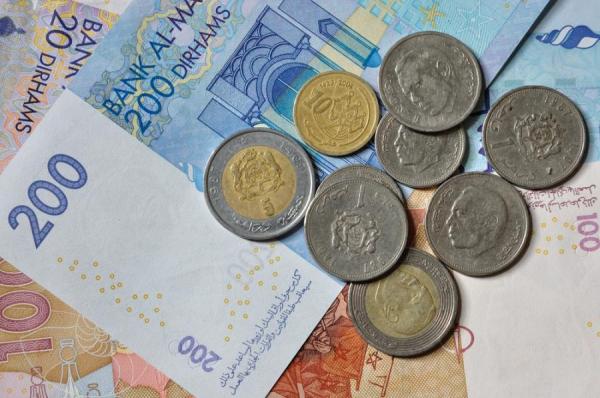Morocco is preparing to implement a gradual floating of its dirham currency in phases from July next. This decision raises questions and fears of its repercussions on the local economy and the purchasing power of citizens,

The Moroccan Float project is based on a gradual transition to a more flexible disbursement system to enhance the competitiveness of its economy and its ability to cope with external shocks.
"All the guarantees are available for the success of this flotation, which will be gradual. Flooding is an optional decision at a time when the country is in a normal financial and economic situation," he said.
What is the flexible exchange system or "float currency"?
And the floating currency according to economic experts, is to make the exchange rate flexible so that the government or the central bank does not interfere in determining it directly, but the currency is disciplined to the logic of supply and demand, which allows the mechanism to determine its price against international currencies such as dollars or euros. The flexible exchange system can fluctuate constantly with every change in supply and demand for foreign currencies, so that it can change several times per day. It is expected that the value of the dirham will be known to decrease under this system, but in return this will help some Sectors on the recovery of the new Ka The tourism sector, where Morocco will become "cheaper" for tourists. The liberalization of the currency will also lead to the rebound in the country's export sector because domestically produced goods will have an appetite in the international markets for lower prices. For example, we are taking China, which is reducing the price of its goods, leading to increased exports and foreign exchange inflows. Britain, which will benefit greatly from its exit from the EU after the devaluation of the pound, will allow it to increase the number of tourists and increase its export rate.
What impact on the Moroccan citizen?
Often, the big institutions will be very much concerned with the fluctuations in the currency. However, this does not mean that the citizen is interested in his role in this transition, especially as the rise in import prices will be a direct result of the floating of the dirham, which will affect the Moroccan citizen impact on his pocket. The inflow will become high given the high foreign exchange value compared to the low dirham. Economists see the bright side of this as an important thing, as the difficulty of importing manufactured materials abroad will be offset by the high competitiveness of the local economy, leading to lower prices for locally produced products due to the increasing demand for them after filling the vacuum left by imports.
More: http://www.akhbarona.com/economy/212318.html#ixzz54GJlCHy2